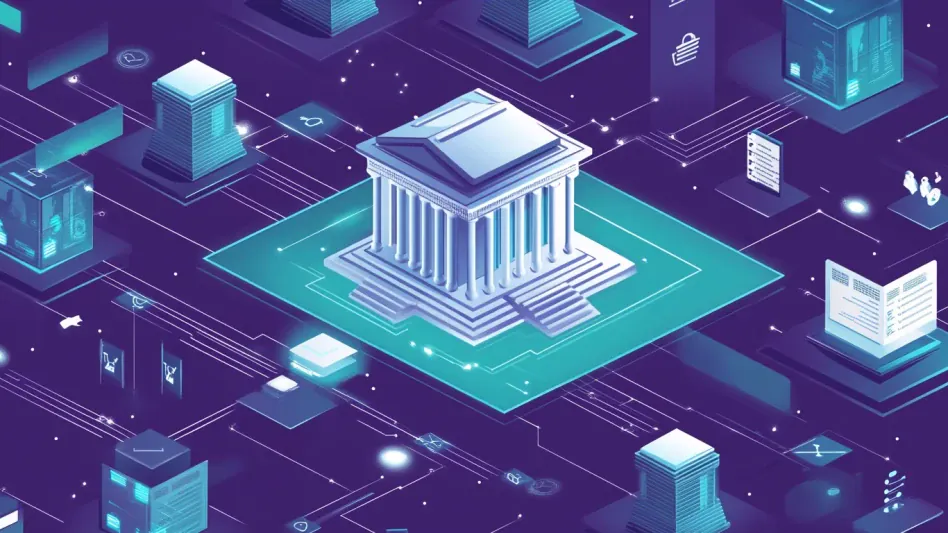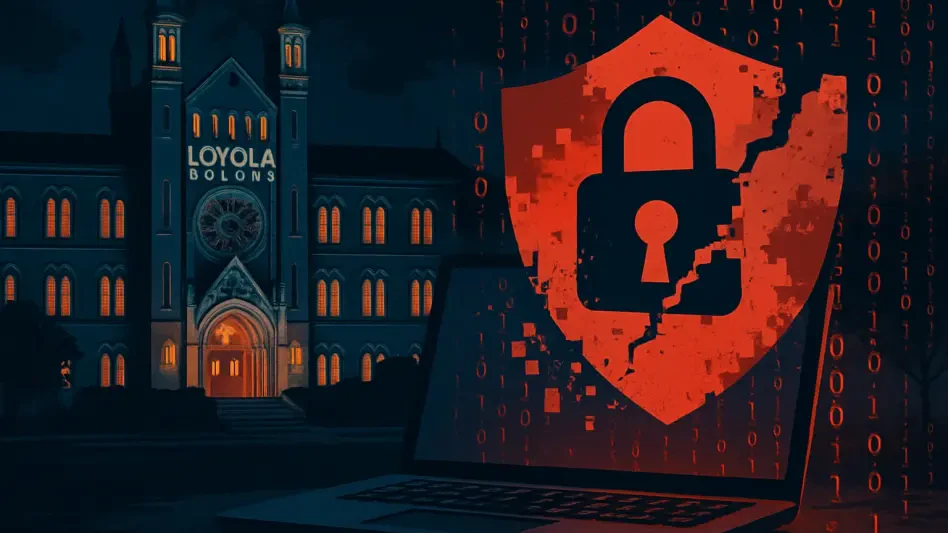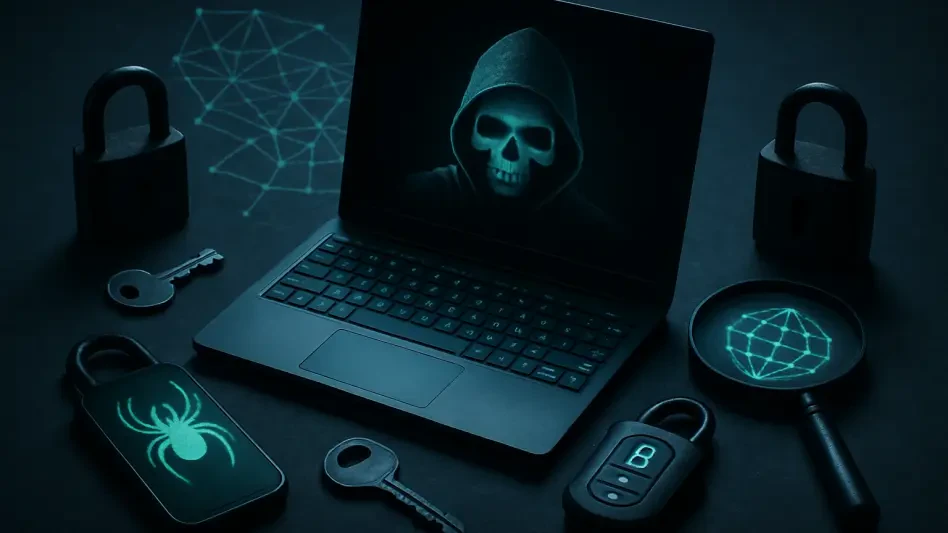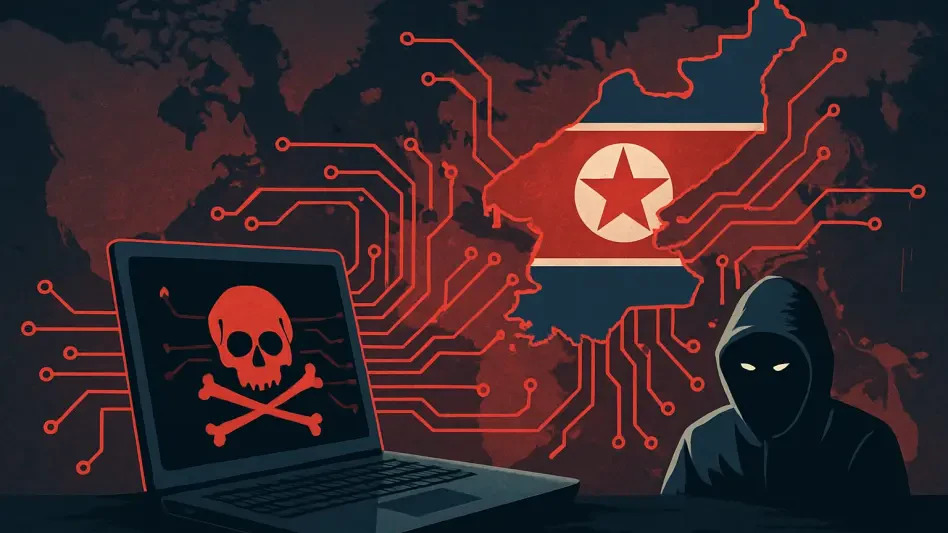The House Committee on Energy and Commerce recently advanced a series of bipartisan cybersecurity and technology bills that could significantly reshape the landscape of national security and economic stability. These legislative efforts, initially passed by the House in the previous Congress but not enacted into law, aim to strengthen the United States’ cybersecurity protocols and technological frameworks. The move to advance these bills underscores the increasing importance placed on cybersecurity as the complexity of cyber threats continues to grow. Lawmakers are keenly aware that as technological advancements accelerate, so do the risks associated with cyber vulnerabilities. Thus, it is essential to understand how these new bills will potentially influence both national security and the economy.
Strengthening NTIA’s Role in Cybersecurity
One of the pivotal pieces of legislation in this latest push is the NTIA Policy and Cybersecurity Coordination Act (H.R. 1766). Introduced by Reps. Jay Obernolte and Jennifer McClellan, this bill aims to formalize the role of the National Telecommunications and Information Administration (NTIA) in developing and coordinating cybersecurity policies. The bill proposes establishing an Office for Policy Development and Cybersecurity within the NTIA, a move designed to enhance the coordination of efforts to protect communication networks. The office would work closely with industry partners and security researchers to identify vulnerabilities and recommend solutions, particularly benefiting small and rural communications service providers who may lack the resources to address these issues independently.
Rep. Obernolte emphasizes that this new office within the NTIA will foster industry collaboration in identifying and mitigating cybersecurity risks, creating a more unified and effective approach to national cybersecurity challenges. Meanwhile, Rep. McClellan has underscored the critical need for the NTIA to be empowered to proactively shape cybersecurity policies. Given the increasing complexity of cyber threats, a proactive rather than reactive stance is crucial for safeguarding both national security and economic interests. The bill aims not just to improve the resilience of communications infrastructure but also to bolster overall confidence in the nation’s cybersecurity posture.
Securing Mobile Networks and Promoting Wireless Leadership
Another critical area of focus is the cybersecurity of mobile communications service networks, addressed by the Understanding Cybersecurity of Mobile Networks Act (H.R. 1709) introduced by Reps. Greg Landsman and Kat Cammack. This bill directs the assistant secretary of Commerce for communications and information to submit a comprehensive report to Congress on the state of mobile network cybersecurity. The increasing reliance on mobile communications for both personal and professional activities makes the security of these networks a matter of national security and economic stability. As Rep. Cammack pointed out, vulnerabilities in mobile networks are not merely technical issues; they pose significant risks to national security.
In addition to bolstering mobile network security, the Promoting United States Wireless Leadership Act of 2025 (H.R. 1765) aims to ensure robust American participation in setting global communications standards. Introduced by Rep. Thomas Kean, the bill instructs the assistant secretary of Commerce for communications and information to advocate for U.S. leadership in international standards-setting bodies. This is particularly crucial with the ongoing development and deployment of 5G technologies, where leadership can influence global standards and secure economic advantages. By taking a proactive role, the United States can ensure that its interests are represented and that it remains at the forefront of technological innovation.
Leveraging AI and Blockchain for Consumer Safety
The advancement of the Consumer Safety Technology Act (H.R. 1770), led by Rep. Darren Soto, demonstrates the committee’s commitment to harnessing cutting-edge technologies for the public good. This bill directs the U.S. Consumer Product Safety Commission to initiate a pilot program exploring the potential of artificial intelligence (AI) in enhancing product safety. Additionally, it tasks the secretary of Commerce and the Federal Trade Commission with studying and reporting on the use of blockchain technology and crypto tokens. Rep. Soto has highlighted the importance of leveraging AI to help regulators prevent dangerous products from reaching consumers, a move that could significantly reduce safety risks.
The inclusion of blockchain technology in the bill underscores the potential for this technology to ensure the integrity and security of information. Blockchain’s inherent characteristics—transparency, immutability, and decentralization—make it a promising tool for various applications, including supply chain tracking, fraud prevention, and data protection. By exploring these emerging technologies, the bill aims to not only improve consumer safety but also to position the United States as a leader in adopting and regulating advanced technologies. The concerted legislative efforts reflect an understanding that robust cybersecurity measures and technological leadership are critical for both national security and economic stability.
Legislative Impact on National Security and Economy
The NTIA Policy and Cybersecurity Coordination Act (H.R. 1766) is a key legislative initiative introduced by Reps. Jay Obernolte and Jennifer McClellan. Its goal is to formalize the National Telecommunications and Information Administration’s (NTIA) role in creating and coordinating cybersecurity policies. The bill seeks to establish an Office for Policy Development and Cybersecurity within the NTIA to enhance efforts to secure communication networks. This new office would work with industry partners and security researchers to identify vulnerabilities and propose solutions, especially aiding small and rural communications providers who lack sufficient resources to tackle these challenges alone.
Rep. Obernolte highlights that this NTIA office will promote industry collaboration on cybersecurity risks, paving the way for a more unified approach to national cybersecurity concerns. Rep. McClellan emphasizes the importance of empowering the NTIA to proactively shape cybersecurity policies. With cyber threats growing more complex, a proactive approach is critical to protect national security and economic interests. Consequently, the bill aims to enhance the resilience of communications infrastructure and strengthen confidence in the nation’s cybersecurity.





